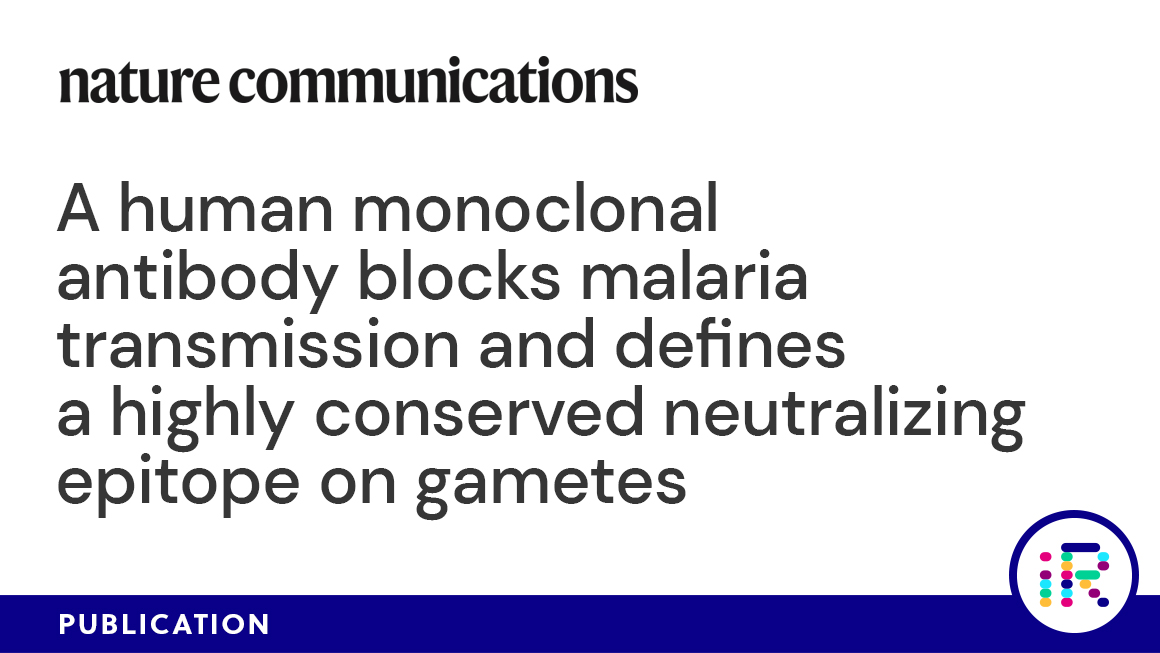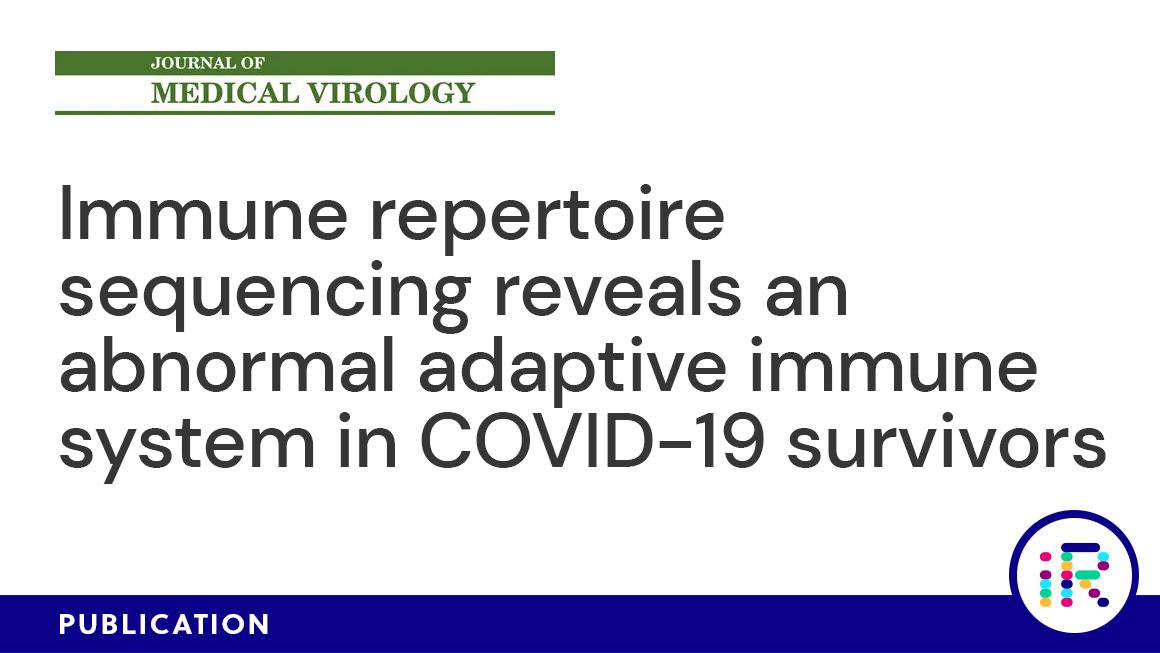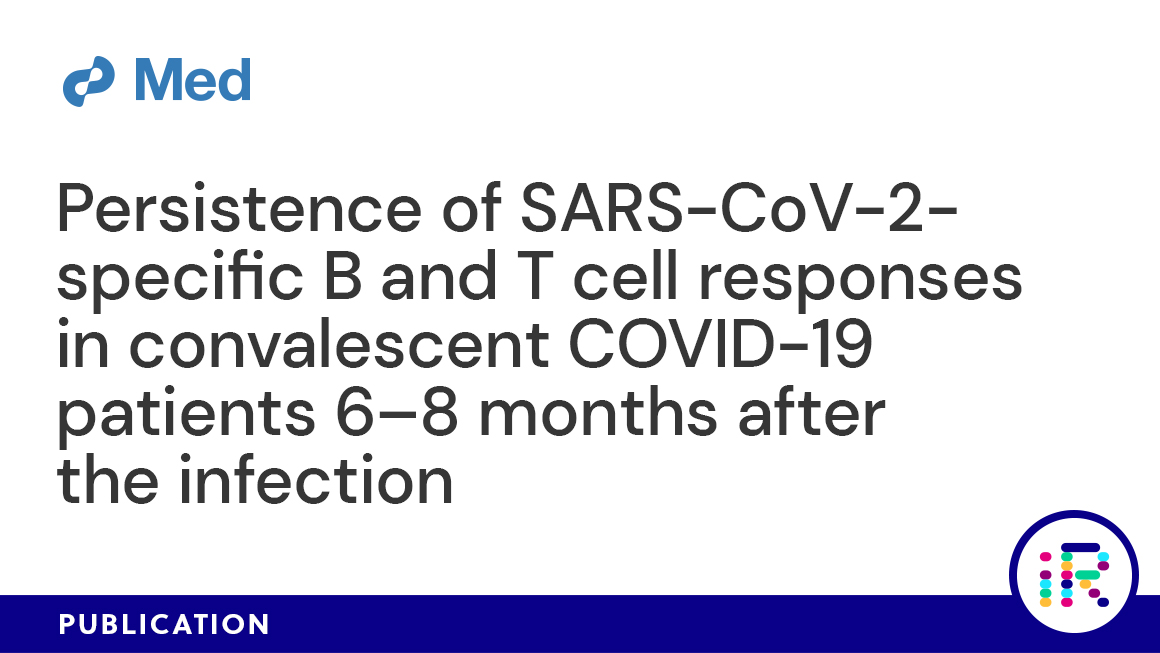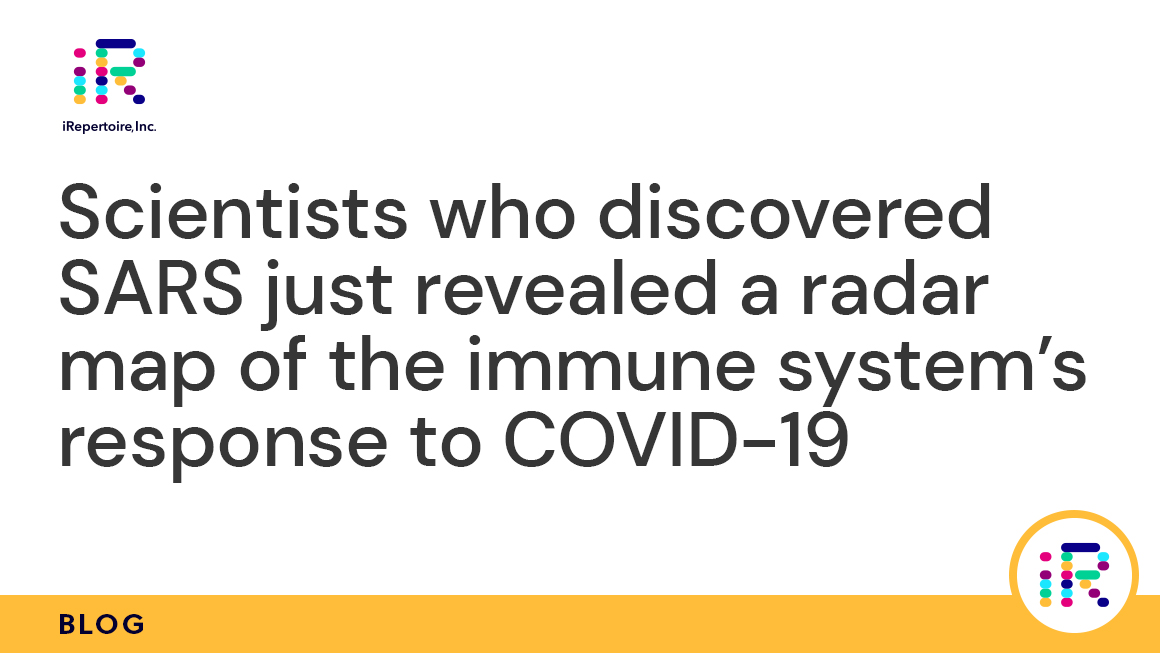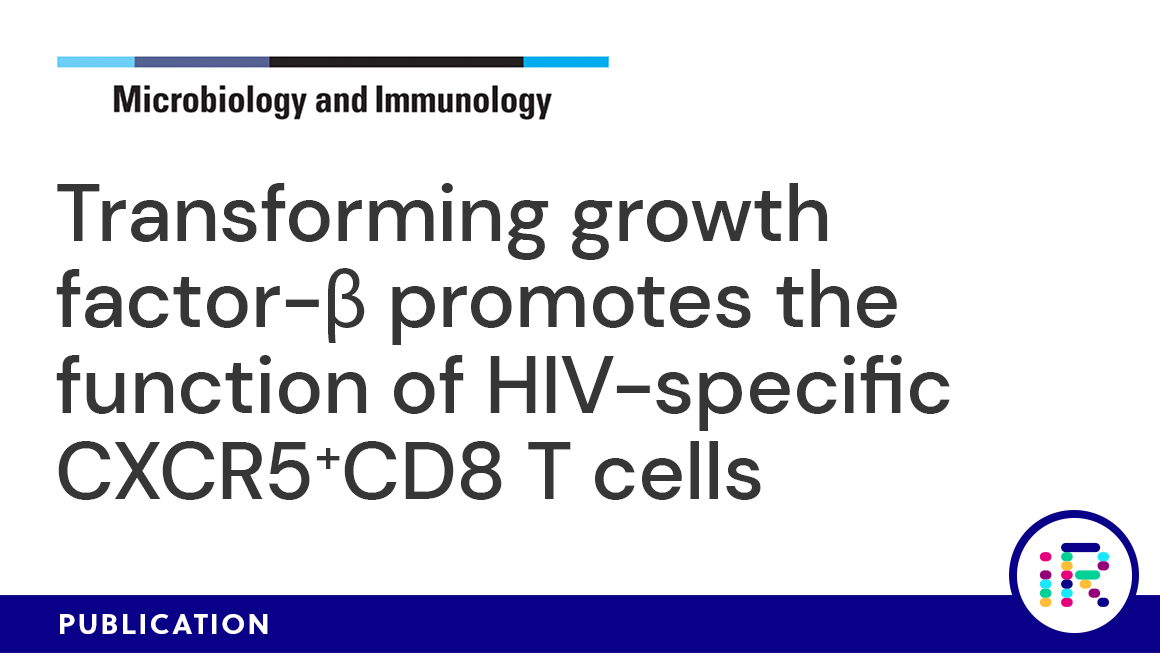Unravel the adaptive immune response to infectious disease
Single cell V(D)J pairing along with complete B and T cell immune repertoire analysis identifies cells with therapeutic potential
Understanding the adaptive immune response to bacterial, viral, and fungal infections remains a challenge. iRepertoire's advanced immune profiling services offer an unprecedented examination of the host immune response and can provide physically paired V(D)J receptor sequences directly from primary cells to develop into therapeutic monoclonal antibody treatments.

Advance new vaccine technologies and develop high-specificity neutralizing antibodies with iRepertoire's BCR and TCR sequencing services
Both single cell and immune repertoire sequencing can be used to evaluate the immune response to new vaccines and to identify those very important and infrequent B and T cells responsible for neutralizing pathogens... show more
Take a look at this webinar and publication by Dr. Camila Coehlo demonstrating how iPair was used to identify low frequency antigenspecific B cells in response to a novel Pfs230 transmission blocking vaccine.
Identify patient-specific immune responses to infection using iRepertoire's quantitative and reproducible 7-chain sequencing technology.
Sequencing data has provided granular information about individual T and B cell populations of patients with COVID-19... show more
This unprecedented detail can be leveraged to characterize host response to other infectious diseases and advance new therapies and treatment strategies.
Capture rare neutralizing antibodies with single cell immune sequencing for biomarker discovery
Single cell and bulk repertoire sequencing can be used to identify rare cell populations and infection signatures as biomarkers for neutralizing antibody and drug development... show more
Bulk repertoire analysis can identify infection signatures with prognostic utility, and single cell sequencing can be used to capture rare effector B cells for therapeutic antibody development. For methods that utilize hybridomas to screen for reactive antibodies, iRepertoire's hybridoma sequencing services provide a high-resolution assessment of full length paired receptors at a lower cost than traditional approaches. By incorporating sequencing during the production stage for all reactive hybridomas, redundancy can be identified prior to costly functional activity experiments, while digitizing valuable hybridoma sequences can provide peace of mind.
Uncover drivers of infectious disease progression and recovery with expert support
Bulk Repertoire Profiling
In a single reaction, amplify V(D)Js in B or T cells with RepSeq. Measure all 7 immune chains with RepSeq+
Single Cell Profiling
Capture the paired variable regions of B and T cells with iPair and iPair+
Bioinformatics
Explore and compare the immune repertoire diversity for each chain in a BCR or TCR
Explore our Learning Center for more resources
Find out more about iRepertoire's solutions for identifying infection signatures and preventing disease progression.
Ready to get started?
iRepertoire serves as a leader in the field of immune repertoire profiling. We invite you to consult with our team of scientists to discover how our services can accelerate your analysis of immune cell function and diversity.

